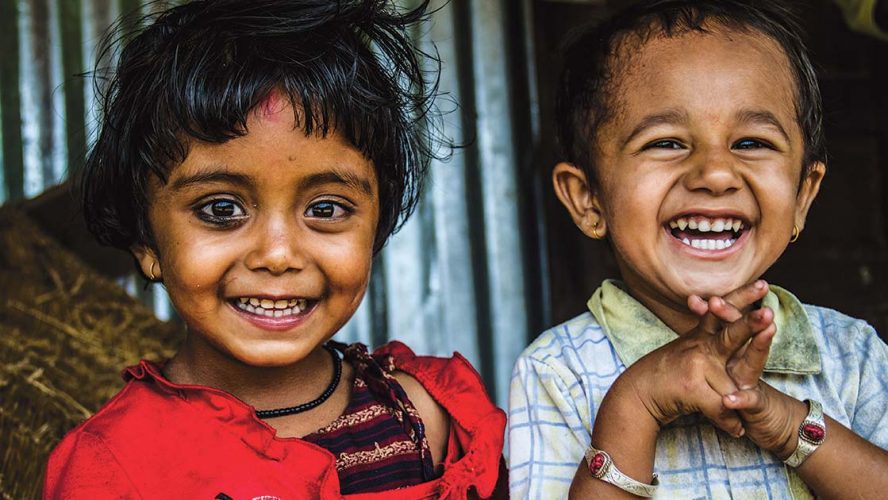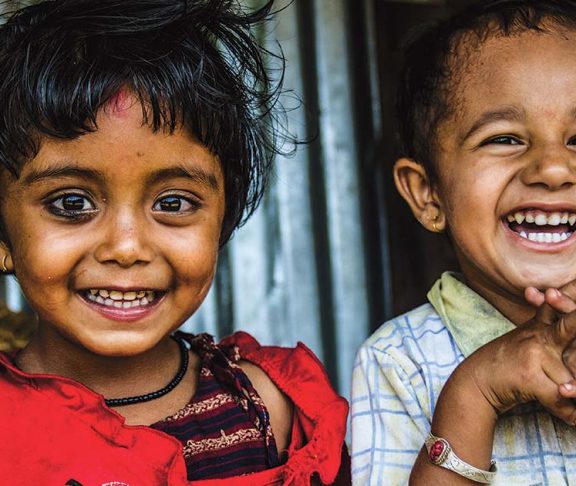One hundred years ago, at the beginning of the 20th-century, women rarely found a place outside of the home. Women like Eglantyne Jebb, the founder of the aid organisation Save the Children, was at the forefront of challenging preconceptions of what a woman’s place in the world could be by promoting gender equality and championing the rights of women and children.
In 1919, Jebb defied Victorian social norms by handing out flyers in London’s Trafalgar Square after she saw horrific newspaper photos of starving children in Europe due to an ongoing blockade by the Allied troops. She was arrested and tried for her protest—and found guilty—but the prosecutor was so impressed by her commitment to the cause that he offered to pay her fine. His contribution became the very first donation to the Save the Children organization that she went on to found in May of that same year.
Jebb continued to advocate for children around the world until her death, especially for girls in crisis, and her legacy lives on. Today, Save the Children continues that fight, reaching over 40 million children in over 120 countries in 2018 alone.
Our humanity demands that we act, and the global human rights regime provides us with the framework: our future depends on it.
Bill Chambers, Save the Children
Stop the war on children
To mark the organisation’s centennial year, Save the Children is reaffirming its roots to Stop the War on Children. Still caught up in war to this day, girls, especially, are disproportionally impacted by its effects. They may become child brides, be abducted, resort to trading sex to meet basic needs, made to go on suicide missions, suffer sexual and other forms of gender-based violence, become pregnant, and be forced to withdraw from their social networks, including family and school, and flee. (World Refugee Day is June 20 and recognizes the 25 million refugees forced to leave their homes, over half of them being children).
Yet, the magnitude of the problem stands in stark contrast to the lack of funding. Research shows that funding for Sexual and Gender-based Violence (SGBV) interventions for children represents, on average, less than 1%; in fact, a mere 0.12% of total humanitarian aid.
Gender equality is a basic right
Save the Children is prioritizing its work with children in conflict zones, including protection from and response to SGBV and addressing the harmful social and gender norms that drive gender-based discrimination.
“Gender equality is a basic right,” says Bill Chambers, President and CEO of Save the Children. “Women, girls, and sexual and gender minorities face unique challenges, ranging from oversight and exclusion from aid, as well as becoming targets in conflict and crisis situations. Our humanity demands that we act, and the global human rights regime provides us the framework: our future depends on it. If the humanitarian community fails to address the root causes of gender inequality and acknowledge the distinct needs and capacities of the most marginalised, particularly women and girls, we cannot lay the foundation for a peaceful and prosperous society. A society where we can guarantee survival, protection and advancement of human rights for all children.”



